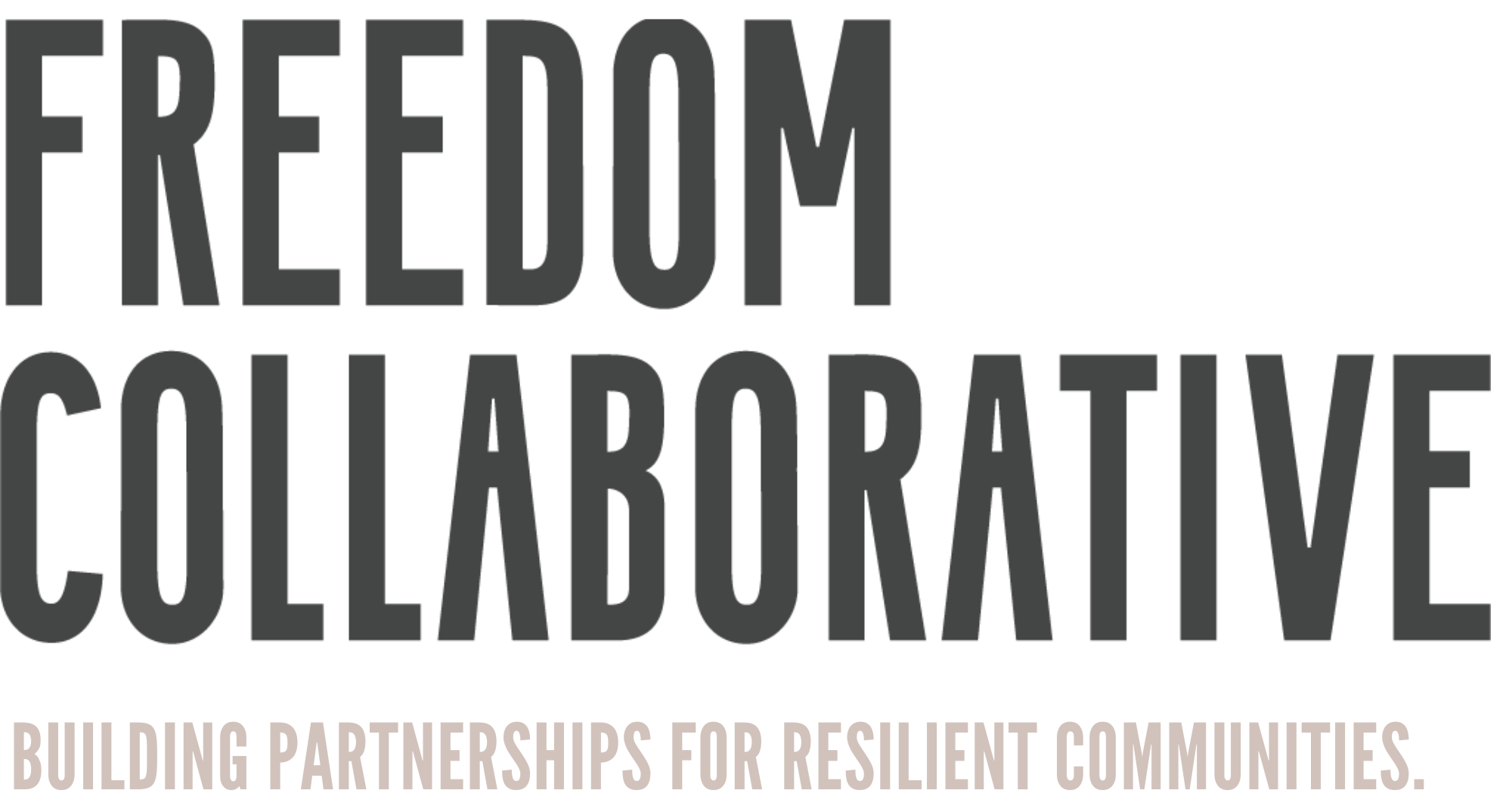REsources
THAILAND MIGRANT PROTECTION RESOURCE TOOLKIT
Strength in numBers: Case studies from Southeast Asia
We are delighted to announce the publication of our case study report documenting the experiences of anti-trafficking organizations that work on the frontlines in Thailand, Malaysia, Cambodia and Vietnam, and illustrating Freedom Collaborative’s impact on their activities. Thank you to The Freedom Story, Free to Shine, North South Initiative, and Blue Dragon Children's Foundation for your openness, honesty, and ongoing support.
The four partners featured were chosen as inspiring examples of organizations that provide critical services directly to vulnerable communities, and also for their efforts in promoting the case for collaboration with other groups. Furthermore, these reports show the ways in which organizations have used the Freedom Collaborative platform not only to share information but also to seek out support and advice, in order to work more effectively.
Our impact is demonstrated through the changes we have instigated: a greater overview of actors and efforts, fewer barriers to information sharing, and increased access to resources and data for frontline organizations. We are proud of our accomplishments in driving progress in the global anti-trafficking community.
This case study report was produced as part of the USAID Asia Counter Trafficking in Persons program (USAID Asia CTIP), and we are very grateful for the support of Winrock International and USAID in funding our project activities over the past years.
Guidance Note on UsAGE of Victim Images
This Guidance Note is provided by Freedom Collaborative to NGOs across the Asia region as a suggested statement of best practice and guidance in relation to obtaining and using images of victims of human trafficking, slavery and forced labour.
The voices and experiences of victims remain central to the counter-trafficking movement, but must always be informed by key principles such as informed consent and respect for individual autonomy and rights.
The document should be consulted by NGOs whenever they are obtaining images of people for use in their publications or other media. Consent should always be obtained prior to the use of any image of a person in accordance with the guidance set out in this document.
This document is also available in Bahasa Indonesia.
CODE OF CONDUCT FOR FOREIGN NGOS INVESTIGATING HUMAN TRAFFICKING AND CHILD SEXUAL EXPLOITATION & PARTICIPATING IN RESCUES OF VICTIMS
This document was created as an accompanying document to our “NGO Involvement in Raid/Rescue Operations” Webinar, which was held in May 2017. The webinar examined the risks and benefits, how to conduct better operations, as well as provided options and successful alternatives. Our webinar panelists discussed if, and if so, in what circumstances NGOs can conduct raid and rescue operations.
This Code of Conduct is an attempt to set minimum standards for investigative NGOs operating in Southeast Asia. It seeks to set and uphold professional standards for the protection of victims of trafficking, NGO personnel, the integrity of the criminal justice process and the reputation of all parties in the sector.
We strongly encourage all investigative NGOs to review and adopt these standards and practices.
This publication is made possible by the generous support of the American people through the United States Agency for International Development (USAID) as part of the USAID Asia Counter Trafficking in Persons program. The contents are the responsibility of Freedom Collaborative and do not necessarily reflect the views of USAID or the United States Government.
CHILD PROTECTION POLICY TEMPLATE AND SELF-AUDIT TOOL
Organizations, staff, volunteers and visitors must be fully aware that child abuse can happen in any setting, and that we must all commit to keeping children safe from harm.
This resource aims to help organizations think through how to prioritize child protection and how to implement basic policies and standards that can keep children safe from unintentional abuse or further exploitation. In going forward, each organization will need to think about how to tailor and develop their policies to more closely align with their work and how they operate.
We welcome organizations to freely use this template as their own or integrate into their existing policies. You will also find a Self-Audit Tool from the Keep Children Safe Coalition.
This document is also available in Portuguese.
Global resource database
We are pleased to partner with Human Trafficking Search, which provides a resource hub for thousands of documents on human trafficking and modern-day slavery.
If you notice that a relevant document is missing, please submit it here.
Join our community
Create a user account for updates on research and available resources






